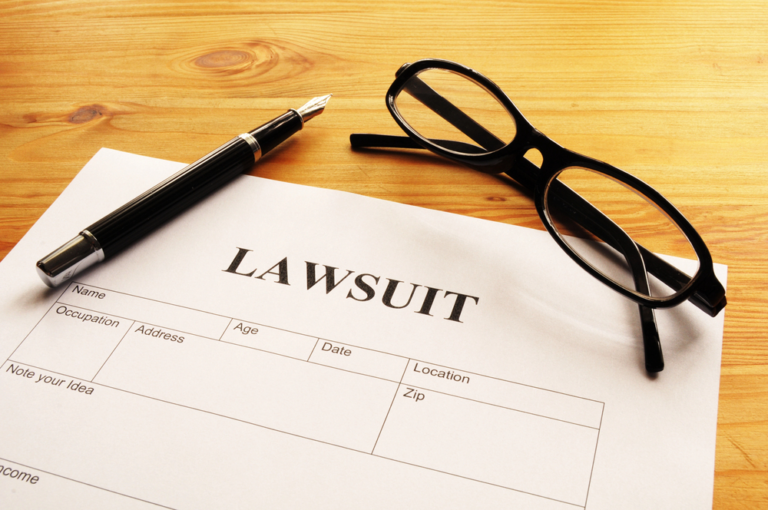
Drowning accidents can result in severe injury or even death. If you or a loved one has been a victim of such an accident, you would be facing both emotional and financial burdens. However, what you may not know is that these tragedies are preventable and happen due to negligence or unsafe conditions around a water body.
If you or a loved one has been affected by a drowning accident, getting the right amount of compensation for all of your losses can help ease the financial burden and hold responsible parties accountable.
In this guide, you will find out everything you need to know about coping with a drowning accident and getting the compensation you deserve.
- Understanding Drowning Accidents
Drowning accidents can happen in multiple settings. This can include public swimming pools, lakes, and private residential pools. There are a lot of causes for drowning accidents. These can include defective pools, ineffective supervision, and lack of safety measures.
It is important to understand the specific circumstances surrounding the accident to determine liability. In many instances, a couple of parties may also proportion duty. Properly investigating these factors is important when seeking compensation.
You will have to prove that the accident was due to the negligence behavior of a responsible party. This will determine how much compensation the victim or their family can receive.
- Common Causes of Drowning Accidents
To build a solid case for compensation, you will have to identify the root cause of the drowning accident. Some of the most common causes consist of:
Lack of Supervision: Drowning accidents often occur when no responsible adult is watching the pool area, especially in cases involving children. A failure to properly supervise can lead to tragic outcomes.
Unsafe Pool Conditions: Poorly maintained pools, lack of proper fencing, slippery surfaces, or lack of warning signs can all create dangerous conditions that increase the risk of drowning.
Defective Safety Equipment: Faulty pool covers, non-functioning drains, or defective flotation devices can contribute to drowning accidents. In these cases, the equipment manufacturer or pool maintenance company may be held liable.
The first step in proving the negligence of the responsible party is identifying the cause of the accident. This could help you construct a robust case for repayment.
- How to Establish Negligence in a Drowning Accident
For a successful drowning accident compensation claim, the legal concept of negligence must be established. Negligence occurs when a party fails to take reasonable precautions to prevent harm to others.
To prove negligence in a drowning accident, you will need to prove the following:
Duty of Care: The defendant had a duty of care toward the victim, meaning they were responsible for ensuring a safe environment. For example, pool owners must maintain safe conditions for swimmers, and lifeguards have a duty to monitor swimmers and respond to emergencies.
Breach of Duty: The responsible party failed to meet this duty of care. This breach could involve poor supervision, failing to maintain pool safety equipment, or allowing hazardous conditions to persist.
Causation: The breach of duty directly led to the drowning accident. In other words, if proper care had been taken, the accident would not have occurred.
It is an important step in obtaining compensation. An experienced attorney can help gather the evidence necessary to prove that the defendant’s negligence directly contributed to the accident.
- Types of Compensation for Drowning Accidents
Victims of drowning accidents or their families may be eligible to receive various types of compensation, depending on the circumstances of the accident and the extent of the damages. Some of the common categories of compensation include medical expenses, lost wages, wrongful death, and emotional damages.
All of these types of compensation are important in cases where a drowning accident resulted in injuries, lost wages, and death. In all these cases, working with a skilled attorney is crucial to assess the full scope of your damages and ensure you receive appropriate compensation for all of your losses.
- The Role of an Experienced Attorney
Fighting the legal complexities on your own can be challenging especially if you and your family are already dealing with the emotional toll of the accident. An experienced drowning accident attorney who specializes in drowning accidents can be invaluable in guiding you through the process.
They can help by:
Investigating the Accident: Your attorney will conduct a thorough investigation of the accident to determine liability. This includes gathering evidence such as witness statements, security footage, medical reports, and expert testimony.
Building a Strong Case: Your attorney will help establish all elements of negligence and compile all necessary evidence to support your claim.
Negotiating with Insurance Companies: Insurance companies may attempt to minimize or deny your claim. An attorney can handle negotiations on your behalf and ensure that you receive a fair settlement offer.
Taking Legal Action: If a fair settlement cannot be reached, your attorney will be prepared to take the case to court and fight for the compensation you deserve.
Hiring a lawyer can significantly improve your chances of receiving fair and adequate compensation for your losses. So, make sure you have an experienced one by your side throughout the compensation process.
- Statute of Limitations for Drowning Accident Claims
Every state has a statute of limitations, which is the time limit within which you must file a legal claim following a drowning accident. In most states, the statute of limitations for personal injury or wrongful death cases ranges from one to three years. It’s essential to file your claim within this period, as missing the deadline could result in losing your right to seek compensation.
The sooner you contact an attorney after the accident, the better your chances of gathering crucial evidence and building a strong case before the statute of limitations expires. Delaying legal action may also weaken your case, as memories fade and evidence becomes harder to collect over time.
Be sure to follow all the above tips and procedures to make sure you receive the right amount of compensation for your losses.







